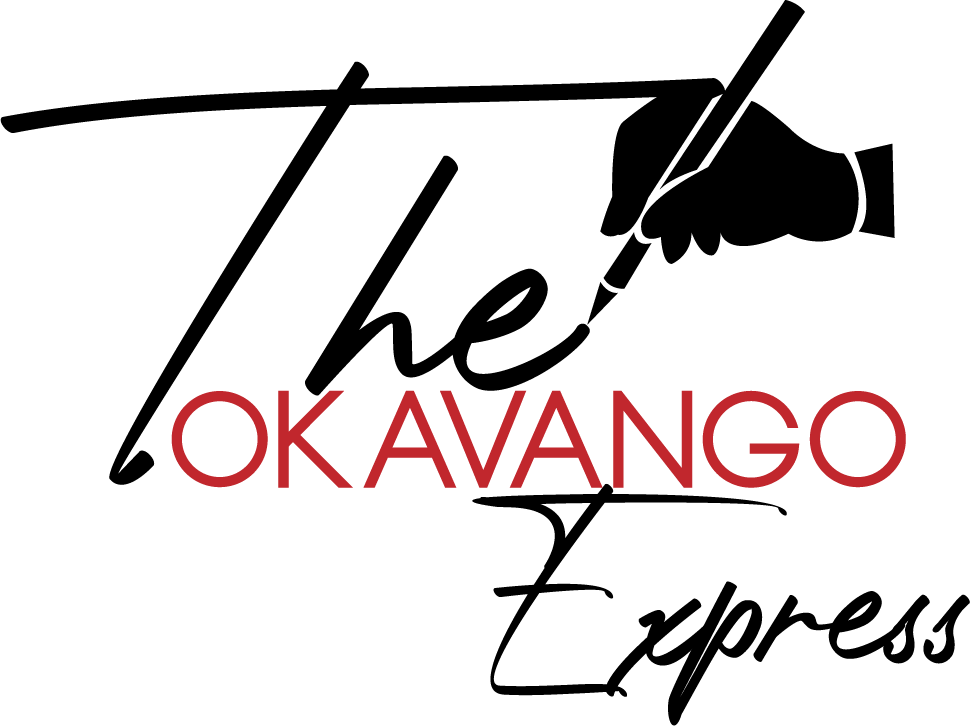By Boniface Keakabetse
Oaitse Nawa, the founder of the Elephant Protection Society, recently made a number of intriguing remarks regarding Botswana’s Conservation Trust Fund (NEF.)
Nawa advocated for the creation of a solar fencing project that would target farmers in wildlife areas and another massive solar connection of buffalo fence using NEF during a press conference he convened to condemn elephant killing. According to him, the project’s goal is to prevent elephants from encroaching on agricultural land in order to prevent disputes.
The purpose of CTF is to finance the conservation of elephants and the development of community-based projects for communities living adjacent to elephant ranges. CTF currently receives all of its income from elephant trophy hunting.
The latest attack on Botswana’s trophy hunting by Nawa marks the first time since 2019, a Botswana citizen or conservationist has come up publicly to advocate for ban of trophy hunting in Botswana, the country with largest elephant population.
It was therefore amusing that Nawa, who claimed that trophy hunting had no positive impact on conservation or community livelihoods, yet again advocated for the use of CTF, which derives its revenue from trophy hunting.
However, this might be a reflection of the predicament that African nations that are home to elephants, like Botswana, find themselves in, where the only money available for conservation comes from trophy hunting, which is losing favor around the world.
Without trophy hunting revenue, where will elephant conservation funds come from? The solution is just as elusive.
To ‘prevent poaching’, ivory sales are prohibited by the Convention on International Trade in Endangered Species (CITES). To raise money for conservation, several Southern African nations—Zimbabwe, Zambia, Botswana, Angola, and Namibia—have suggested selling their ivory reserves. According to the nations, the funds would support game reserves and other conservation initiatives.
But this motion ran into trouble with critics arguing that allowing the ivory trade may cause poaching to skyrocket and wipe off African elephants: Poaching increased dramatically as a result of one-time sales in 1999 and 2008, according to this school of thought.
Selling carbon credits is another possible solution, but a number of obstacles frequently prevent African nations from fully engaging in carbon markets, including a lack of infrastructure and capacity, restricted access to financing, a lack of technical know-how, and limited access to the carbon markets.
On 31st March 2021, Botswana formally adopted its National Elephant Management Plan and Action Plan (2021–2026). The NEMAP in a nutshell aims to achieve the targets set for managing Botswana’s elephants, while ensuring communities that co-exist with the elephants derive sustainable benefits from such co-existence.
However, because of obstacles brought on by the COVID-19 epidemic and Botswana’s economic difficulties, NEMAP has not been fully implemented since its adoption in 2021. Even though the plan is about a year away, it hasn’t been carried out completely.
The Conservation Trust Fund, which is the main funder of the NEMAP activities, currently receives all of its income from elephant trophy hunting.
The Implementation of the NEMAP requires more financial resources than is currently available, and consequently traditional income streams (e.g. trophy hunting, disposal of ivory stockpile etc.) and innovative financing mechanism (e.g. linked to carbon trading, support to human-elephant co-existence initiatives, etc.) are required to realize the full benefit of the NEMAP.
Interesting reading can be found in a document that Botswana submitted to the 19th Conference of the Parties to the Convention on International Trade in Endangered Species of Wild Fauna and Flora (CITES CoP19), which took place in Panama City, Panama, from November 14-2022.
According to this document, Elephant trophy hunting currently provides the Conservation Trust Fund, the primary source of funding for NEMAP initiatives, with all of its revenue. The Conservation Trust Fund, which serves as the primary source of funding for elephant conservation in Botswana, may suffer if trade limits are placed on the country’s elephant population. Therefore, Botswana will not be able to execute the NEMAP if funding for the Conservation Trust Fund are not secured, stated the Botswana position to CITES.
The main concern for Botswana is where the funds for elephant conservation will come from in the absence of trophy hunting revenue. The true elephant in the room is that.

